We’re breeding illiterates
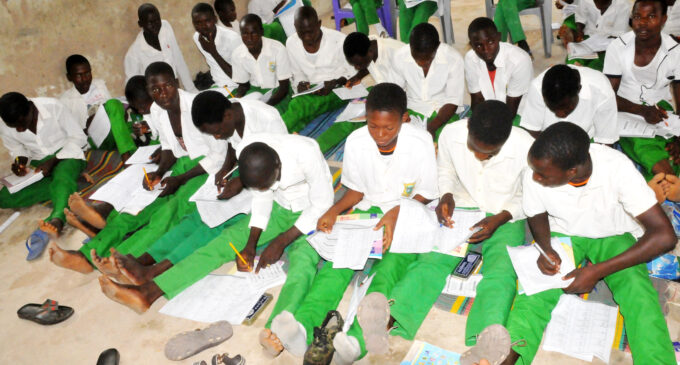
A cursory look at the education sector in our country would reveal that things are not going on smoothly there at all. With protests by universities students over increase in school fees, a nearly one-year old strike by polytechnics and colleges of technology lecturers, and teachers’ strikes in some states, we are simply breeding illiterates.
Naturally the argument can be made that many sectors are underperforming so why must we expect education to be different. I think, however, that the critical nature of this area of our lives deserves greater interest from all citizens. Moses Ochonu, in a recent piece on Sahara Reporters website gave a good diagnosis of the Boko Haram menace as it concerns education in the northern part of Nigeria. His interesting theory that it was the initial lack of education that foisted Boko Haram on the people is one that we need to interrogate and take further action to stem the tide of illiteracy drowning Nigeria.
Figures from UNESCO too do not make anyone proud as far as this area is concerned. As at 2010, 11.13 million children are estimated to be out of schools in our country and this figure has been increasing since 1999. This shows the number of children that we have not catered for in getting them to attend schools, particularly primary school. Shamefully, that was when we commenced our current democratic journey. And let nobody make a claim that because our population is large, possibly the figure is high relative to our size as figures from other large countries leave Nigeria in an unenviable position.
Pakistan has 5.1 million while India has 2.3 million and UNESCO says “Nigeria accounts for almost one in five out-of-school children in the world.” I wonder what we need again to push us into action.
Let’s take some examples. The Lagos State University lecturers are presently on strike over the humongous school fees imposed on their students. Before the university governing council on June 20 reduced the fees, new students was asked to pay fees ranging from N193, 750 to N308, 750 depending on the course they were admitted to study. The least is for those admitted to the faculty of arts/education while those admitted to the college of medicine will pay the highest amount. For returning students, they will cough out N151, 250 per person for those who are in arts/education while N326, 250 is for those in the college of medicine. Unfortunately, the 30 to 60 per cent reduction across board is still not enough for many students to resume while the lecturers were not ready to resume teaching yet.
Perhaps the best metaphor for how bad things are is the eight months old strike of primary school teachers in Benue State. Yes, you read that correctly, eight solid months. The strike started on October 24, 2013 over the failure of the state government to implement an agreement signed with the Nigeria Union of Teachers (NUT) national body on June 14, 2013 to pay the minimum wage for the primary school teachers with effect from August 1 that year. Yet, apart from demonstration by some of the primary school students, few people are talking about this strike while private schools in the state are making a fortune. The excuse by Gov. Gabriel Suswam is that the state does not have enough money to pay teachers the minimum wage they are demanding and so they have to take a pay cut.
The two examples cut across the major parties – APC and PDP – indicating that education does not appear to be a serious matter in their programme of action. Anywhere you go in the land, dilapidated public schools stare you in the face and structures that are not fit for poultry are what we have on the ground. Granted, some states are building new classrooms, but at what cost relative to the budgets and the monthly allocations from the federation account.
I have always wondered how my life story would have been if not for the free education programme of the defunct Action Group under the leadership of late Obafemi Awolowo in the eight years the party held sway in Western Region. Shortly after the elections that ushered the party into power in 1951, it set about accomplishing the promise of “free universal primary education for all children of school-going age” and also made provision for 200 post-secondary scholarships tenable in British and American universities and in the then University College, Ibadan in the budget estimate presented to the Western House of Assembly in 1951. It was this programme that afforded my father the opportunity to be educated having lost his father – my grandfather – in 1953.
Our country cannot compete in the globalization battle without an educated workforce and we need to press all political parties to adopt a comprehensive educational reform that will grant access to qualitative education to all children in Nigeria. We need to stop breeding illiterates, and urgently too.
Views expressed by contributors are strictly personal and not of TheCable.


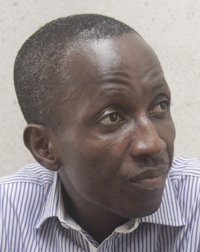





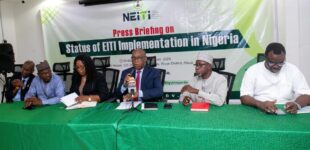
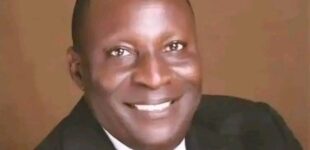
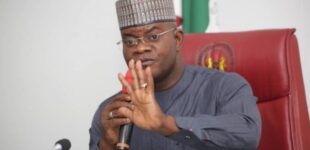
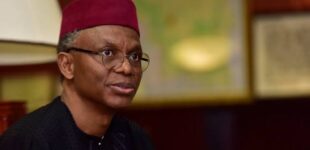
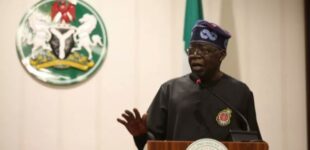
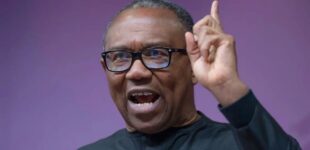
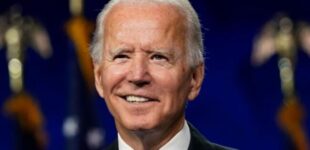
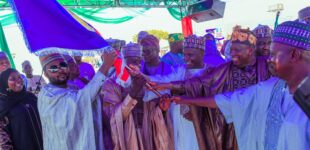


There are no comments at the moment, do you want to add one?
Write a comment